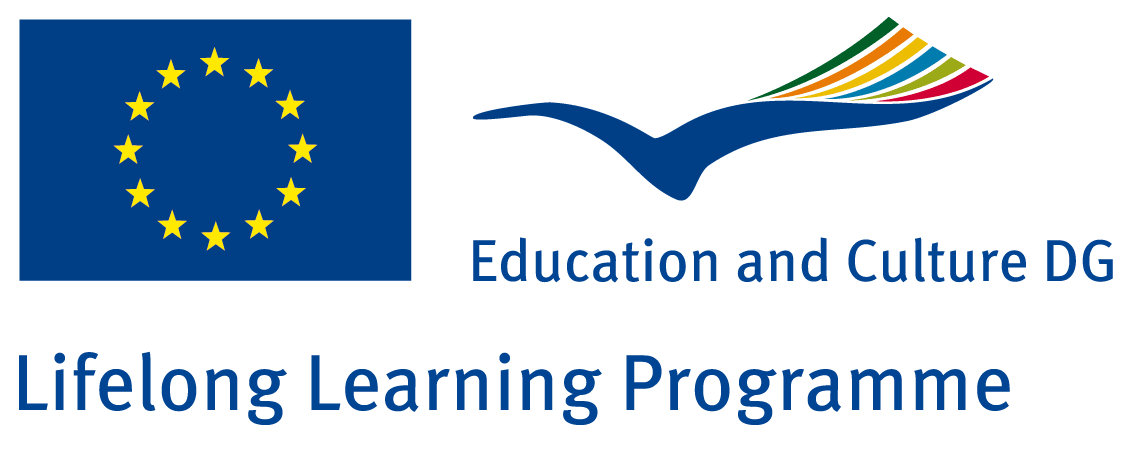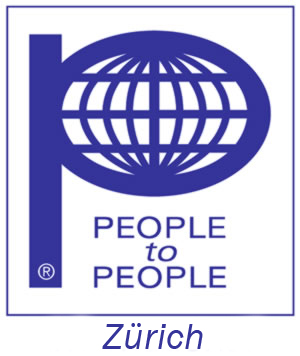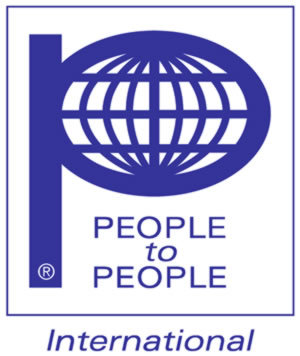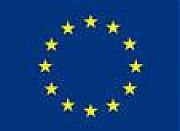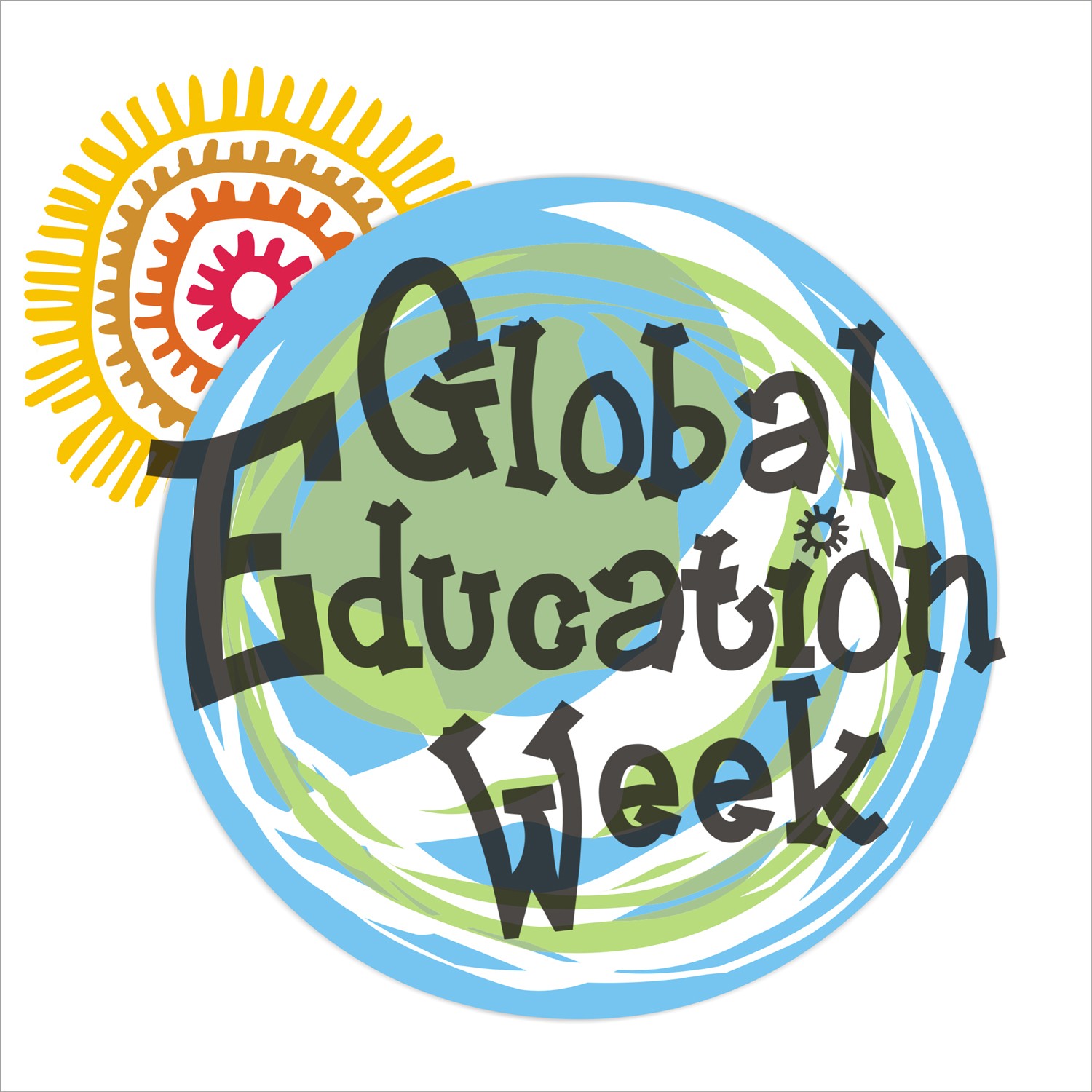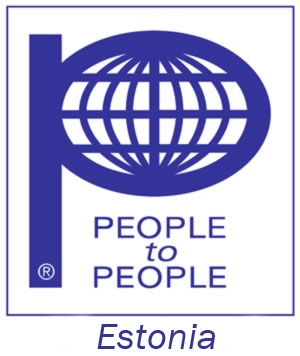“Gender and Media toward Creativity and Entrepreneurship”
"Gender and Media toward Creativity and Entrepreneurship" is evaluation meeting of "Gender and Media" Training Course.
Venue: Nelijärve, Estonia.
Duration: 6 days between August 19-24, 2012.
Language: English.
Participants: 21 young people and youth workers from Estonia, Bulgaria, Poland, Sweden, Italy, Lithuania, Armenia, Georgia, Israel and Ukraine.
The main aims of this meeting were to make analyses of activities, methods, evaluation forms of "Gender and Media" (G&M) training course participants (Nelijärve, Estonia, August 7-13, 2011), implemented activities and lessons learned in partners' organisations after TC. Partners discussed ideas for new common projects to develop gender and media topics in youth organisations with focus on creativity and entrepreneurship, active citizenship and involvement youth in social gender sensitive media.
North-South Centre of the Council of Europe awarded "Gender and Media" project by the World Aware Education Award 2011. Eesti People to People representative as one of three WAEA laureates made presentation during award ceremony on the European Congress on Global Education in Lisbon on September 2012. Partners of "Gender and Media" project collected best practices of the project for participants of the Congress and also for better dissemination in own and other organisations across the Europe and neighboring countries by making evaluations and analyses of 1) present situation with gender equality in media - traditional mass media and social media - in European and EU neighboring countries after “Gender and Media” TC (August 2011-2012); 2) events in partners' organizations; 3) impact of disseminated materials and results of training course on the organisational, local and international levels.
North-South Centre of the Council of Europe awarded "Gender and Media" project by the World Aware Education Award 2011. Eesti People to People representative as one of three WAEA laureates made presentation during award ceremony on the European Congress on Global Education in Lisbon on September 2012. Partners of "Gender and Media" project collected best practices of the project for participants of the Congress and also for better dissemination in own and other organisations across the Europe and neighboring countries by making evaluations and analyses of 1) present situation with gender equality in media - traditional mass media and social media - in European and EU neighboring countries after “Gender and Media” TC (August 2011-2012); 2) events in partners' organizations; 3) impact of disseminated materials and results of training course on the organisational, local and international levels.
As the main objectives were, that by the end of project participants:
• became aware of evaluation process and as active citizens will be able to make analyses of materials for training courses, the situation with gender equalities in their country as well as EU and have the skills to effectively raise this awareness in their community and make media one of the most pressurizing tools in civil hands;
• have entrepreneurship skills to develop new media;
• discovered gender issue aspects in the context of youth work;
• have the skills and practical experience in order to use media tools and ICT (Information and Communication Technologies) in daily life in their local community and effectively act as multipliers of newly acquired skills;
• be able to make analyses of Youth in Action training course.
The main activities during the training were:
1). Presentation of evaluation meeting objectives and program, expectations of meeting and possible input of participants with focus on creativity and entrepreneurship in youth organisations.
2). Presentation of participants and partners’ organizations on the “market place”.
3). Team building activities.
4). Feedback from participants of G&M TC – what happened in their organizations after TC, what was impact of dissemination of TC results in their organization and countries.
5). Evaluation of G&M TC with analyses of lessons leaned to improve methodology and materials about gender and media for youth organisations;
6). Gender in youth organisations. Presentations of participants and discussions in small groups and on plenary.
7). Feedback from Estonian NGOs after G&M TC. Discussion with representatives of these organizations and discussion about new actions to improve situation with gender and media. Work on recommendations for participants of the European Congress on Global Education, all partners' organisations, other NGOs and youth networks.
8). Feedback from Estonian journalists after G&M TC. Discussion what new happened in Estonian media with gender issues. Analyses and plans to improve situation with gender and media in Estonia, EU and neighboring countries. Interviews with journalists to improve creativity and entrepreneurship knowledge and skills. Work on recommendations
9). New media and gender issues (websites, newsletters, YouTube, Facebook, Twitter, blogs, etc.) in youth organizations. Work in small groups on recommendations.
10). Presentation about YouthPass and Key Competence. Work on YouthPass. Ceremony of certification – YouthPass.
11). Open Space Technologies – presentations about project writing, logical framework and partnership building activities. Creation of new partnership projects' ideas with focus on gender, media, creativity and entrepreneurship.
12). In the evenings: reflections of the day, Intercultural evening and sauna.
As a result of current evaluation meeting following were produced:
* recommendations for participants of the European Congress on Global Education, all partners' organisations, other NGOs and youth networks about gender and media;
* analyses of "Gender and Media" training course for partners' organisations;
* interviews with journalists from Estonia about creativity and entrepreneurship for young people;
* update on "Gender and Media" page on Facebook with input of evaluation meeting;
* set of project materials for partners' and other organisations.
This project has been funded with support from the European Commission. This publication reflects the views only of the author, and the Commission cannot be held responsible for any use which may be made of the information contained therein.
